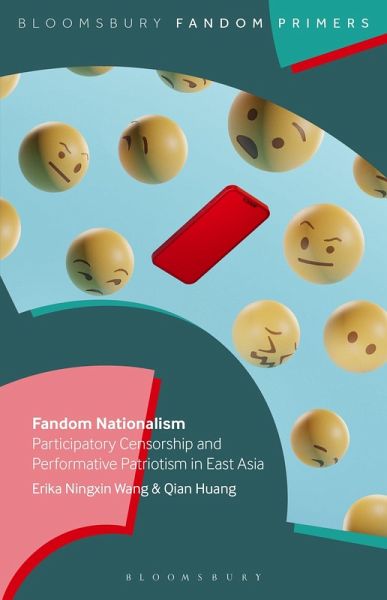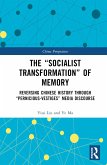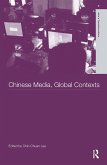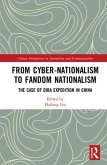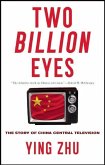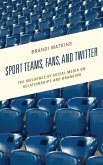This book delves into the world of 'fandom nationalism', where the lines between fan devotion and nationalistic fervour blur within the East Asian media landscape. Taking a non-Western perspective in fan studies, this book challenges conventional understandings of fandom nationalism. While the concept initially describes how citizens passionately adore their nation akin to idolizing celebrities, this ground-breaking research adds a captivating twist: such passion encompasses not only the expressions of love fans shower upon their idols but also the intense hatred anti-fans direct towards stars -- fans strategically employ nationalism as a weapon to win fan wars. This enriches the concept of fandom nationalism, exploring how fans use participatory censorship practices to accuse celebrities and their followers of problematic political stances, thereby channelling collective nationalist anger to exact revenge on despised celebrities, such as Zhang Zhehan, a 'Boys' Love' drama actor who was banned by the authorities and the industry for taking photos at the sacred Yasukuni Shrine in Japan. Through detailed fieldwork data, this book reveals how fans and anti-fans participate in various stages of the banning process, leading to the career downfall of top stars in China. This brutal battleground, akin to cancel culture, is a product of the collusion among fans, netizens, the party-state, media platforms, and businesses, where fans' participation in nationalist practices can also be performative patriotism, driven by the desire to protect their idols and themselves. Using examples from China and beyond, Fandom Nationalism explores the relationship between fandom and the state more broadly.
Hinweis: Dieser Artikel kann nur an eine deutsche Lieferadresse ausgeliefert werden.
Hinweis: Dieser Artikel kann nur an eine deutsche Lieferadresse ausgeliefert werden.

